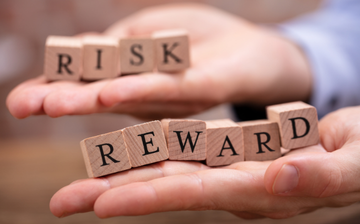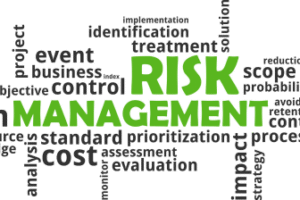
Research Study on Cashless Economy-Risks and Rewards
Research Study on Cashless Economy-Risks and Rewards
Cashless Economy Risks and Rewards
By Ankit Arora, PGDRM Jan’21-22
A cashless economy means an economic system where digital transactions like net banking, mobile banking, digital wallets, and payment through debit cards and credit cards are used to replace the traditional method of payments made via cash or coins.
Why cashless?
Categorizing Cashless Alternatives
- Wrappers: These are the general mobile applications that are used to transfer money through a mobile number or a user code. For eg: GPay, Paytm, etc.
- Mobile money: Mobile Money is a new payment system, with money stored as credits on a smart card or on the system provider’s books, but continues to use national currencies. For eg: M-Pesa
- Credits and local currency: Credits are schemes in which private companies accept money in exchange for an alternative unit of account, which can be spent on a particular platform (such as within an online game).
- Digital currencies: Digital currency is any currency, money, or money-like asset that is primarily managed, stored, or exchanged on digital computer systems, especially over the internet.
The Cost of Handling Cash

RBI spending: RBI expenditure on currency management was 49.12 billion in the year 2017 and 2018.
GOVERNMENT INITIATIVE
Going cashless as risk mitigant
Risk in E-payment
Swot Analysis
Strengths

Weaknesses

- Potential unreliable access to infrastructure and technology (physical and cognitive),
- Financial and technological literacy, Inc. budget management,
- Hidden agendas (suspicion),
- Mistrust in banks,
- Attachment to the social value of cash.
Opportunities
Threats

Get the full study here: Cashless Economy- By Ankit
Disclaimer
This report has been produced by students of Global Risk Management Institute for their own research, classroom discussions and general information purposes only. While care has been taken in gathering the data and preparing the report, the student’s or GRMI does not make any representations or warranties as to its accuracy or completeness and expressly excludes to the maximum extent permitted by law all those that might otherwise be implied. References to the information collected have been given where necessary.
GRMI or its students accepts no responsibility or liability for any loss or damage of any nature occasioned to any person as a result of acting or refraining from acting as a result of, or in reliance on, any statement, fact, figure or expression of opinion or belief contained in this report. This report does not constitute advice of any kind.
You may also like

Best Short Term Courses in IT for Freshers
November 14, 2025

What is the Best Course in Risk Management in India?
November 14, 2025

Short-Term PG Diploma Programs with High Career Potential
November 14, 2025

